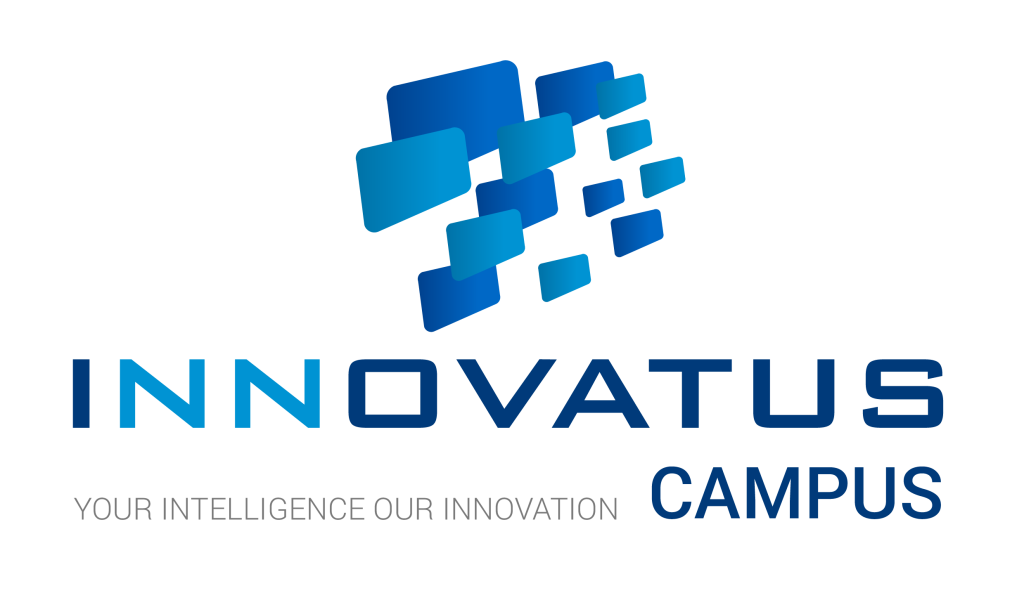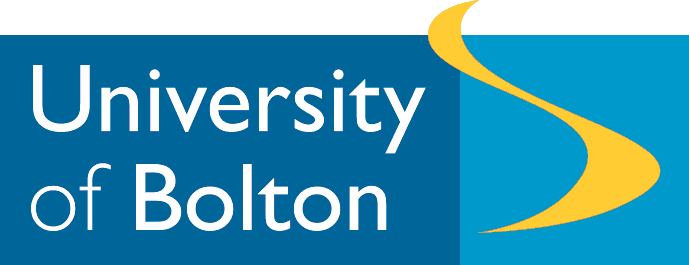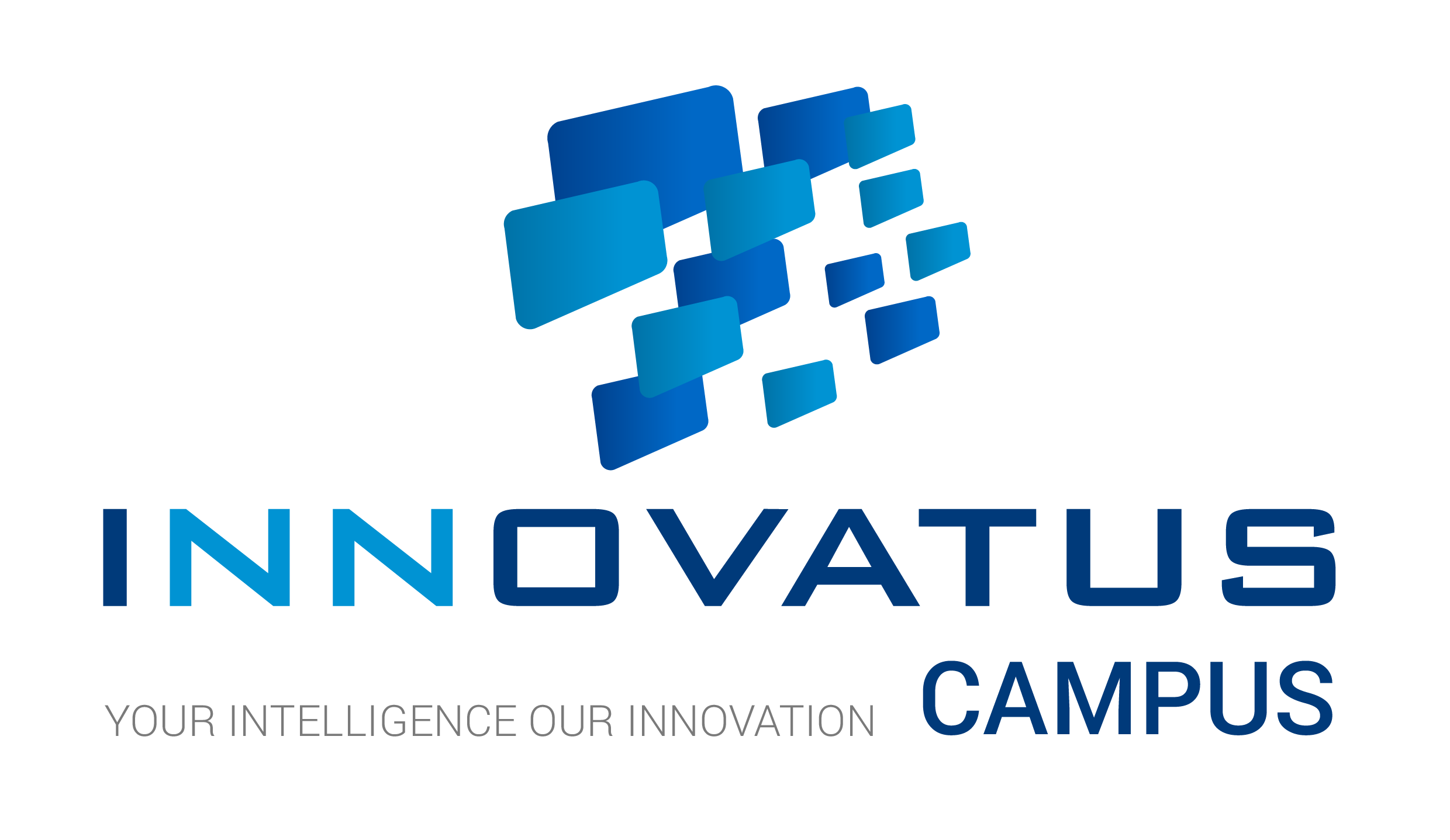
- About Us
- Programs
- QLS (UK) Endorsed Diplomas
- QLS (UK) Level 5 Advanced Diploma in IT, Networking and Cyber Security
- QLS (UK) Level 5 Advanced Diploma in Marketing
- QLS (UK) Level 5 Advanced Diploma in Human Resource Management
- QLS (UK) Level 6 Diploma in Business Finance and Strategy
- QLS (UK) Level 6 Diploma in Global Business Strategy and Innovation
- QLS (UK) Level 6 Diploma in Law
- OFQUAL (UK) Regulated Diplomas
- QUALIFI (UK) Level 4 and 5 Diploma in Business Management
- QUALIFI (UK) Level 4 and 5 Diploma in IT
- QUALIFI (UK) Level 4 and 5 Diploma in Cyber Security
- QUALIFI (UK) Level 7 Diploma in Strategic Management and Leadership
- QUALIFI (UK) Level 7 Diploma in International Business Law
- QUALIFI (UK) Level 7 Diploma in Accounting and Finance
- University of Bolton, England
- University of Central Lancashire, England
- IIC University of Technology, Cambodia
- QLS (UK) Endorsed Diplomas
- Progressions
- Distance Learning
- Enroll
- Contact Us

Contact
- Hotline : +971 58 508 4338
- Landline : +971 4 246 1400
- info@innovatuscampus.ae
- Innovatus Campus LLC,
- Shams Business Center,
- Sharjah Media City Free Zone, Al Messaned,
- Sharjah, UAE
MSc in Software Engineering
Looking to take your programming skills to the next level? Our MSc in Software Engineering is designed to provide the advanced skills and knowledge you’ll need to develop your career in this in-demand global industry.
AWARDED BY:
UNIVERSITY OF BOLTON

The MSc in Software Engineering offers graduates with a background in computing and programming the opportunity to gain a deeper understanding of advanced software methodologies. This intensely practical course supports and encourages you to hone your creative thinking, problem-solving and decision-making skills through the use of realistic scenarios inspired by the industry experience of our tutors and professional software engineering contacts.
You’ll have the opportunity to study the latest methodologies and development techniques and deepen your understanding of approaches such as design patterns and contemporary software engineering practices. We’ll support you as you acquire the capacity to adapt and learn new skills ready to respond as the software engineering industry evolves throughout your career. Since software engineering is an international business unconstrained by geographical area, you’ll also explore issues such as localisation within application development.
The programme has been designed collaboratively with industrial partners, giving you the chance to equip yourself with professional skills, and understand the ethical and environmental issues you’ll encounter in your professional life.
You’ll also be encouraged to prepare for your postgraduate career with coursework designed to help you develop sophisticated intellectual capabilities in research, critique, synthesis and innovation, and enhance essential skills such as group working and report writing.
Award : MSc
Mode of study : Full-time
Duration : 12 months
Add Your Heading Text Here
The University of Bolton’s MSc in Software Engineering is aimed at computer science graduates and experienced professional programmers and investigates complex software systems, methodologies, measures and tools that can be used in the software engineering process. A software engineer’s duties can include producing project requirements, writing algorithms, coding, testing, deployment or maintenance.
As a graduate of this programme, you’ll possess a wide range of technical skills such as software reuse, agile development, design patterns and software architecture. You’ll also be able to demonstrate a range of transferable skills, including advanced IT skills, analytical skills, communication, creativity and innovation, independence, logic, numeracy, project management and organisation.
What can I do with this Qualification?
As a graduate of this Software Engineering master’s degree, you may choose to work in software engineering research or on large-scale software development projects. Directly related jobs include software engineering, software architecture, games development, systems development, web design, web development, search engine optimisation, information systems management, and business analysis.
This course also paves the way for PhD research studies in software engineering and computing-related subjects.
Alternative Career Options
Graduates can also use the qualification as a stepping-stone into a range of other careers. Some of these roles may require relevant experience and/or postgraduate study. Examples of possible careers include:
- Finance
- Software project management
- Commerce
- Electrical engineering
- Quality management
- Research and development
- Teaching and education
- Security
- Consultancy
- Healthcare
- Public services and local government
- The standard entry requirement for the course is BSc (Hons) in Computer Science (or a related subject) or BEng (Hons) in Software Engineering, usually with a first or upper second class (2.1) classification.
- For applicants without a first or upper second, then a lower second class honours degree will be considered on a case by case basis (particularly for candidates with good relevant industrial experience).
- We’ll consider applications where appropriate work experience can be demonstrated in lieu of, or in addition to, the published academic qualifications in line with the University’s Recognition of Prior Experiential Learning (RPEL) procedures.
- You may be required to attend an interview and/or provide a portfolio of work.
- If English isn’t your first language, you’ll also need IELTS 6.0 with no less than 5.5 in any band (or equivalent). We also accept a range of other English language qualifications – please visit our English Language Requirements web page for more details.
